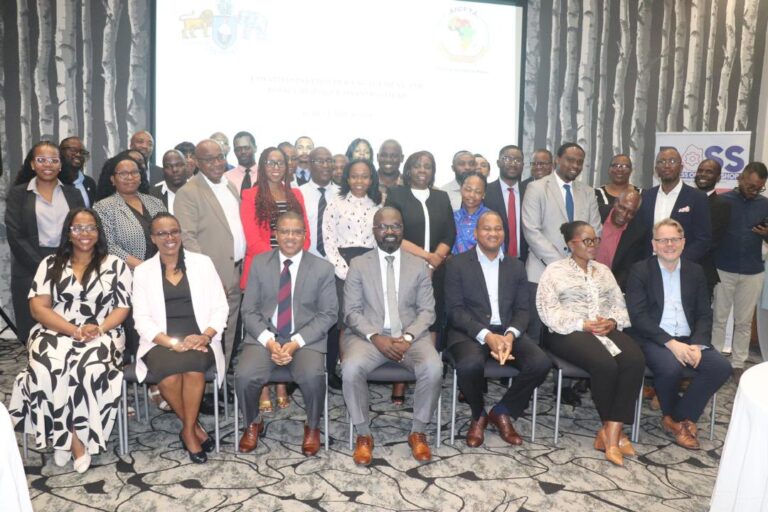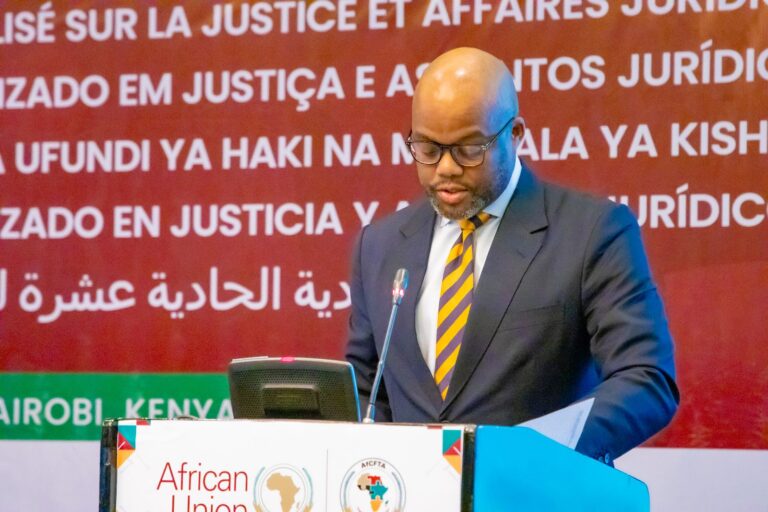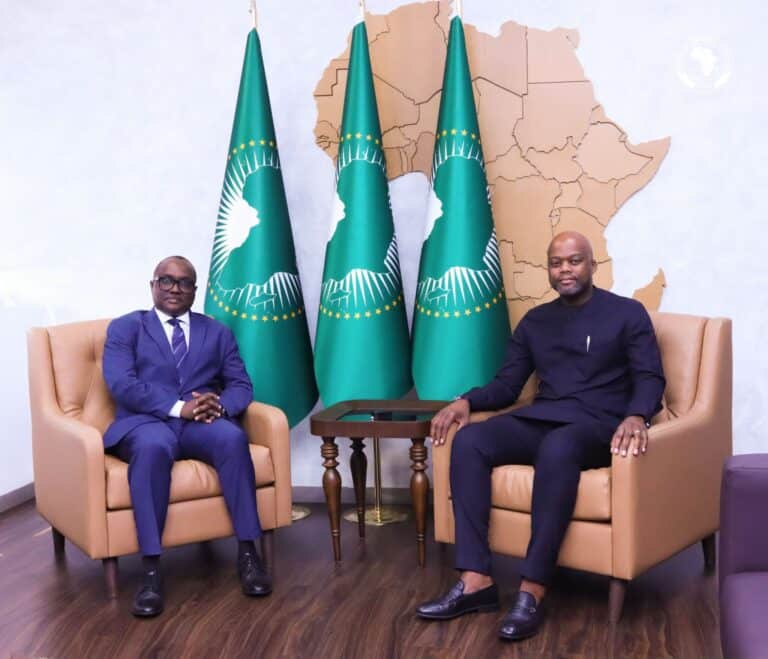Regional and continental business support organizations can help Africa’s private sector benefit from the continent’s free trade area, after a webinar that highlighted progress the Agreement has made.
Business support organizations can play a crucial role in the success of the African Continental Free Trade Area (AfCFTA).
The International Trade Centre (ITC) and the AfCFTA Secretariat held a webinar to update these organizations on the free trade bloc’s negotiations and implementation. The session also presented findings of their joint exercise to map business support organizations across the region.
The regional and continental business groups used the session to voice their priorities and needs, as well as to explore methods to update their services on the AfCFTA.
The collaborative effort is part of a broader joint commitment to make free trade work for Africa’s private sector.
Kicking off the session, the AfCFTA Secretariat explained its Guided Trade Initiative. The new scheme aims to support businesses to conduct meaningfully commercial trade within the bloc. Eight countries – Cameroon, Egypt, Ghana, Kenya, Mauritius, Rwanda, Tunisia, and United Republic of Tanzania – have signed onto the Initiative. More are expected to join in 2023, a year that the African Union has targeted to accelerate the AfCFTA.
The AfCFTA Private Sector Engagement Plan was also presented, including plans to establish a dedicated business platform and host the first AfCFTA Business Forum in April 2023.
ITC also gave a two-part presentation underscoring what makes a successful business support organization, building upon an African directory presented on the margins of the AU Industrialisation Summit in Niamey in November 2022.
Success was explained through the REACT model, which calls for being Ready, Expert, Agile, Connected and Trusted. The organizations were encouraged to act in three directions:
- Upwards by aggregating the private sector position to inform policy.
- Sideways to improve connectedness between regional bodies as well as private sector operators.
- Downwards to disseminate services and information to businesses.
According to ITC analysis, only 25% of African small firms have heard about the free trade agreement, making engagement with businesses crucial.
Representatives were encouraged to complete the mapping survey, which is designed to contribute towards a more comprehensive and bottom-up assessment of business support organizations in Africa.
The AfCFTA launched in 2018. Once fully operational, the agreement will form the world’s largest trading bloc, connecting 1.3 billion people with a combined output of $3.4 trillion. ITC data show intra-African export potential to be $22 billion. Of the 54 countries that have signed the agreement, 46 have ratified it.
Source: International Trade Centre


